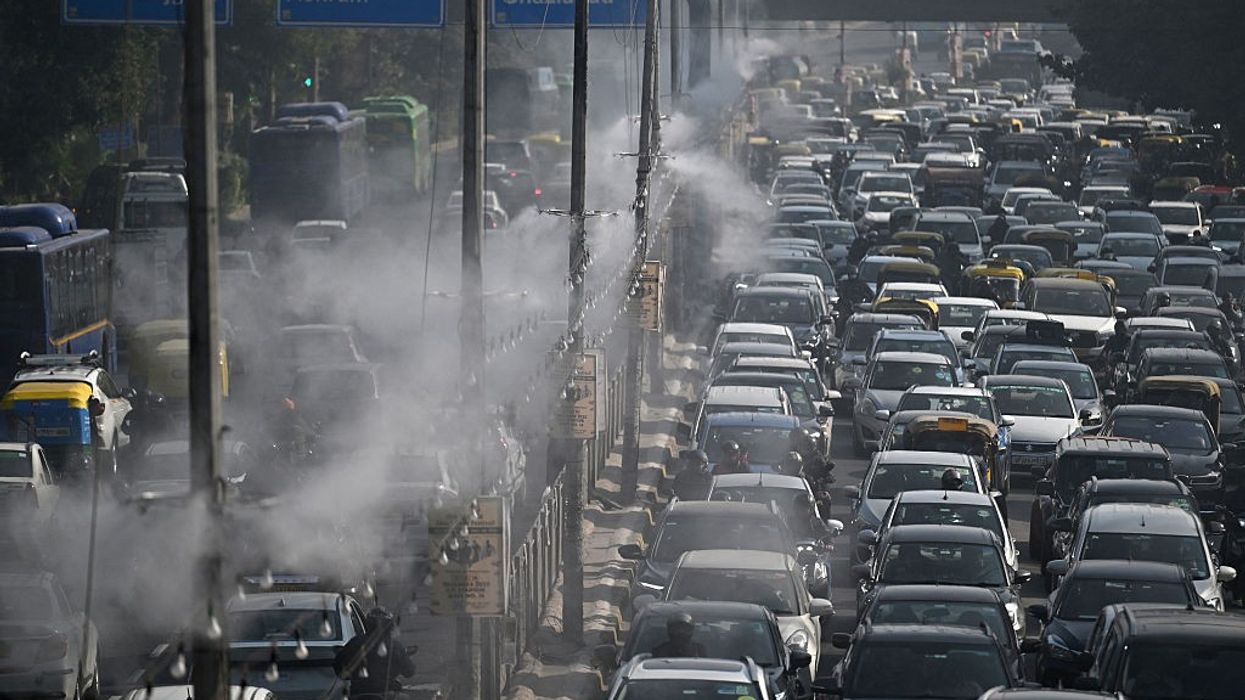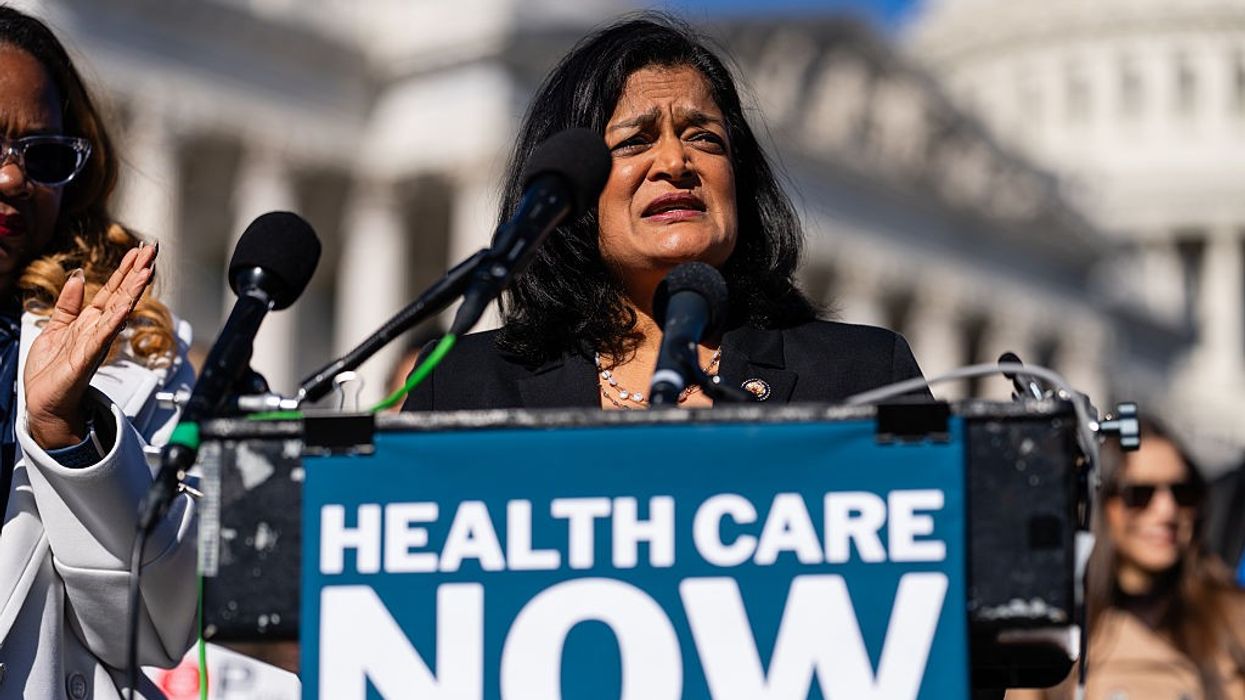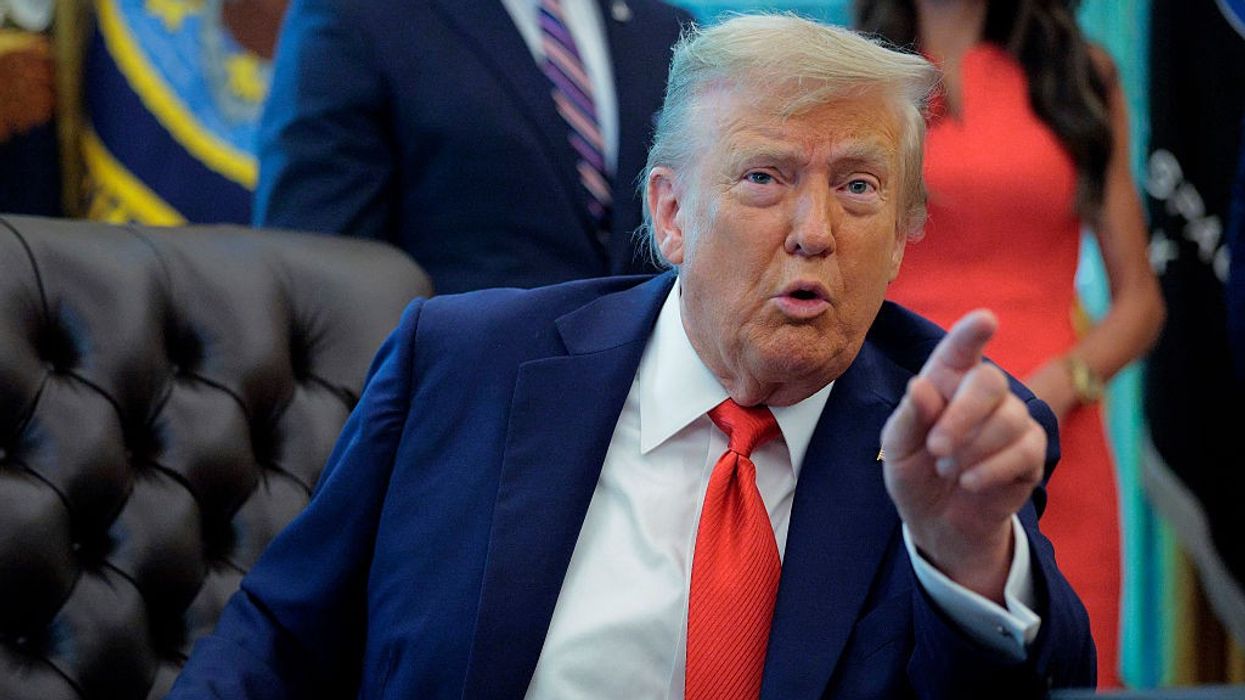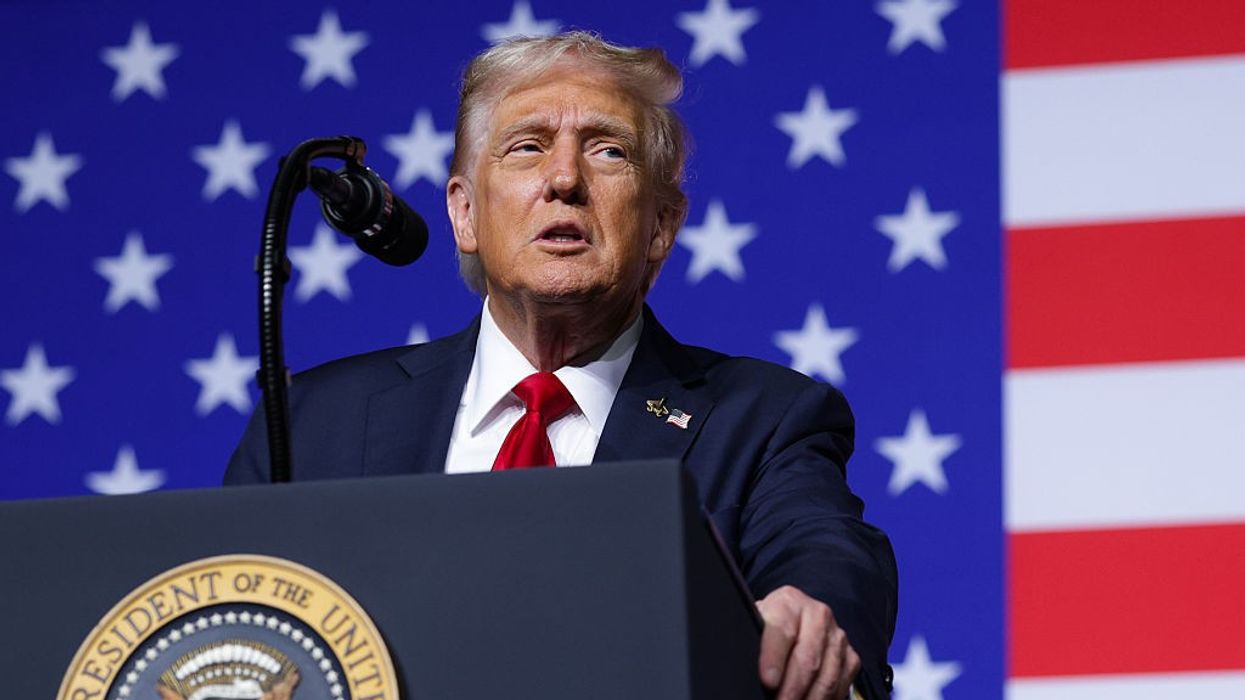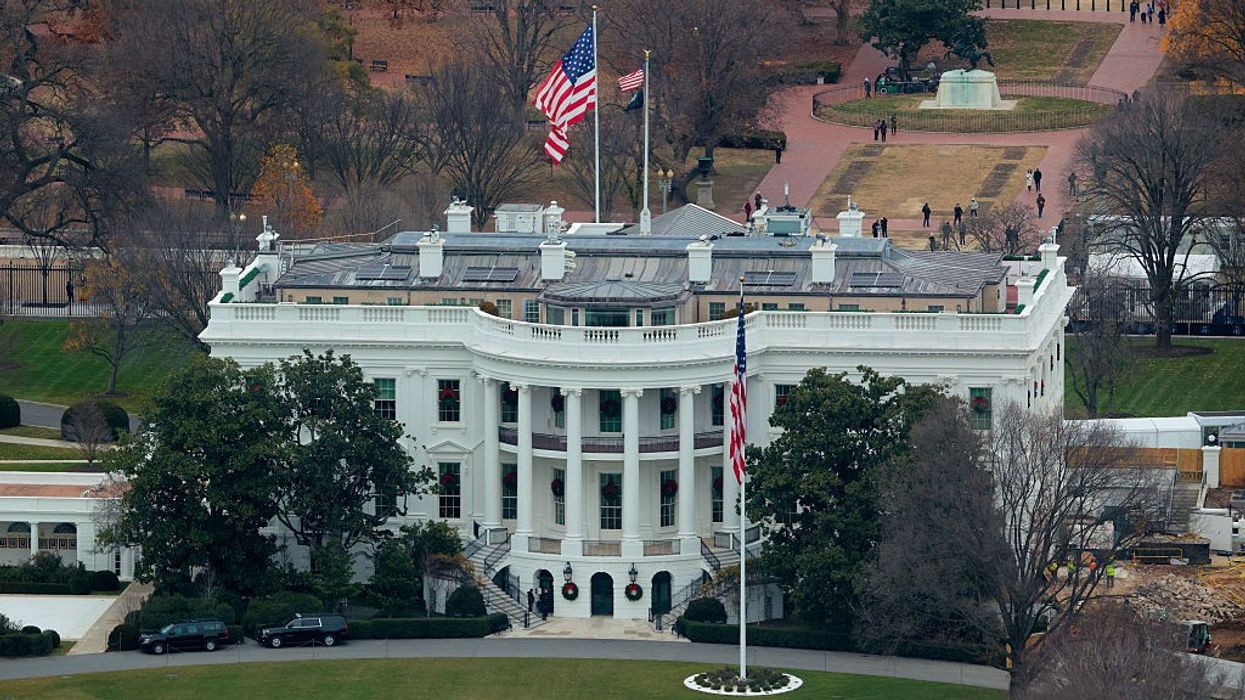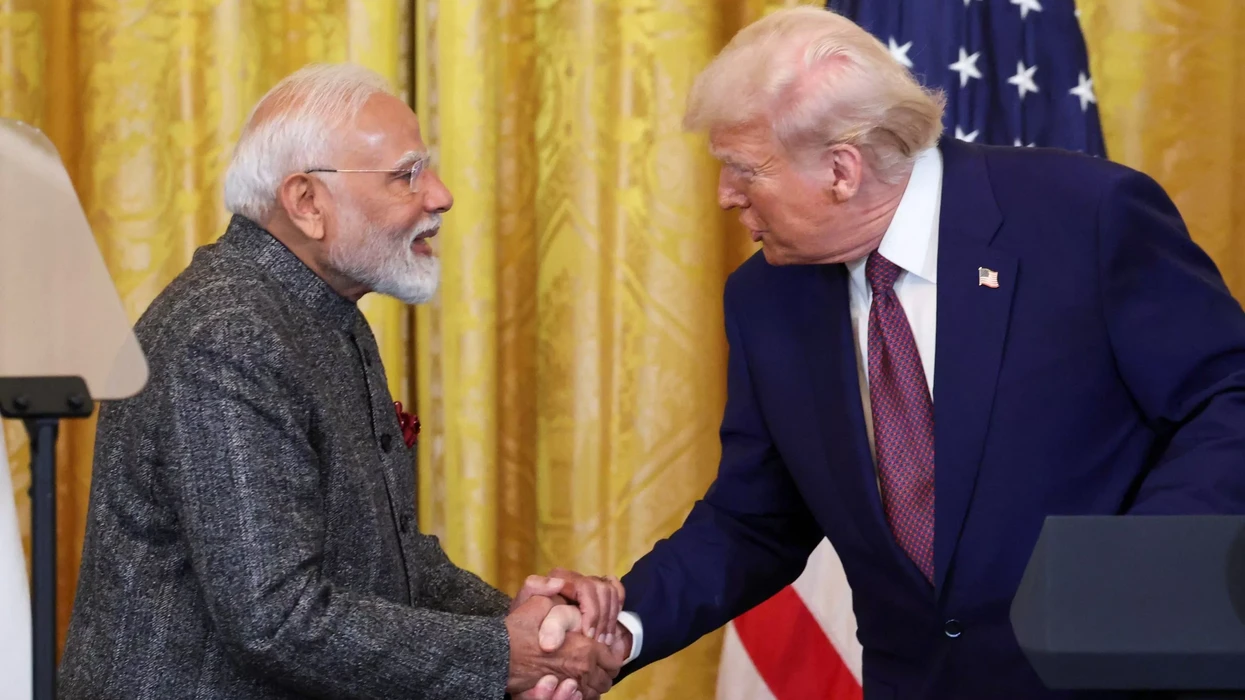POLITICAL analysts said the impact on Muslim voters of Labour party leader Sir Keir Starmer’s stance on the Israel-Palestine conflict will only become clear over the next decade.
Many Labour councillors and MPs have criticised Sir Kier for refusing to call for a ceasefire in the region.
Dozens of councillors have resigned from the party over the issue, while 56 Labour MPs defied the party leadership to back an amendment to the King’s Speech tabled by the Scottish National Party (SNP), calling for an immediate ceasefire. They included 10 frontbench MPs who resigned from their posts to support the motion.
James Kanagasooriam is the chief research officer at FocalData. He is working alongside UK in a Changing Europe (UKICE) on an ongoing research project into what Britain’s minority population thinks about place, identity, and politics.
The report has shown a decrease in support for Labour compared to 2019, specifically among Muslim voters, by around three per cent.
The polling was conducted before the onset of the IsraelGaza conflict in early October, and the report said voter scepticism will likely have been exacerbated by the party’s response to the conflict.
Kanagasooriam said while data suggests foreign policy does play a role in voting intentions, it’s “far too early” to say Labour will lose Muslim votes in the next general election.
“Foreign policy does matter to how particularly non-white Britons vote. That’s been particularly present through Iraq and the fortune of the Liberal Democrats. It was also very clear in the 2010 to 2015 increase in the conservative Hindu vote,” said Kanagasooriam.
“But I think that political game hasn’t played out at all over the Middle East. It’s far too early to say how this is all going to play out in terms of UK voting intentions. What’s happening is going to be a is a 10-year story.
“Recently, we’ve seen voting intentions in areas such as Leicester where there has been an impact based on foreign policy aspects. To say it’s not going happen is just not true,” he said.
“If you look at the votes that occurred in the Commons, when you looked at the rebels, and then you relate that to the demographics of the areas they represented, it was a very linear relationship, clearly indicating that a lot of British Muslims… were not happy with the Labour leadership position.”
An opinion poll (by Savanta) of Muslim voters since the conflict started, in late October and early November, found overwhelming support for Labour among Muslim voters, with 64 per cent of respondents backing the party.
Other questions in the poll provided some causes for concern, however.
Nearly half of Muslim respondents were dissatisfied with Sir Keir’s performance on the Gaza crisis, while only one in five were satisfied.
More than 40 per cent of Muslims said Sir Keir’s handling of the crisis made them less likely to vote Labour, while 20 per cent said it increased the chances they would vote Labour.
Sunder Katwala, director at the thinktank British Future, said the media had a “responsibility” to accurately report polling data and not resort to “populist scare stories”.
“The media is always talking about block votes, and if the three million Muslims all stop voting what’s going to happen? I was reading the Spectator the other day and it said if George Galloway stands, there is no doubt that most of London’s 1.3 million Muslims will vote for him. Well, he got 37,000 when he did stand. Maybe he would get more, but there is some doubt about that.
“(London mayor) Sadiq Khan actually got a quarter of a million Muslim votes and (Tory London mayoral candidate) Shawn Bailey had 50,000 of those votes.
“We shouldn’t be thinking about block votes. A political party has to win every vote. For some people it will be the NHS and the cost of living, and for others it might be the Middle East conflict. But we could do with a bit less exceptionalism of minorities being this enormous block.”


